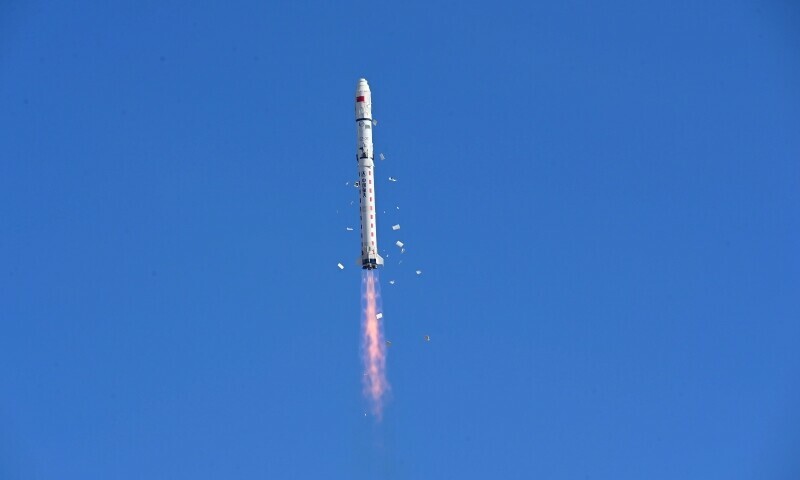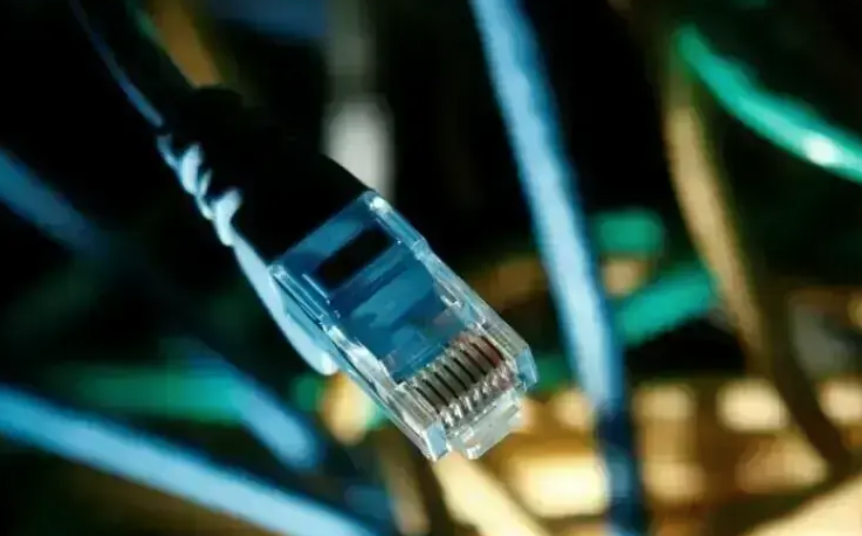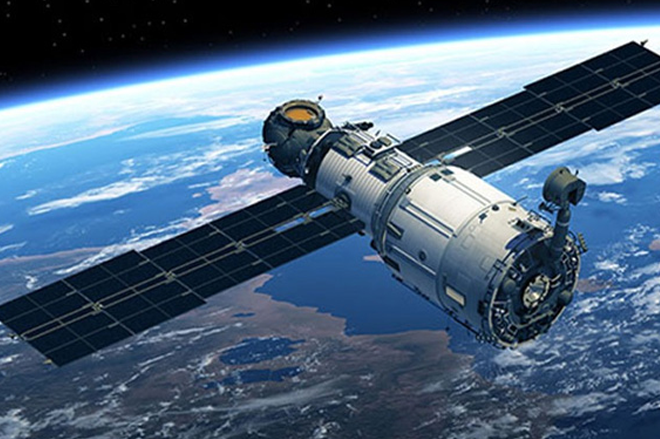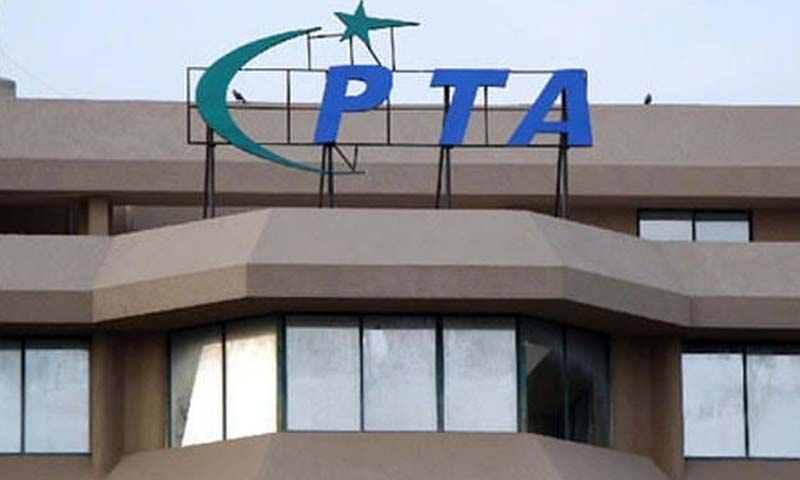SCIENCE & TECHNOLOGY

The Space and Upper Atmosphere Research Commission (SUPARCO) launched Pakistan’s first indigenous Electro-Optical (EO-1) satellite on Friday from the Jiuquan Satellite Launch Centre in northern China. This landmark achievement is a testament to the nation’s growing technological capabilities in space exploration.
The PRSC-EO1 satellite is equipped with advanced electro-optical sensors, enabling it to collect high-resolution data and images of the Earth’s surface. By detecting and measuring reflected sunlight or emitted radiation, the satellite will significantly enhance Pakistan's ability to monitor natural resources, respond to disasters, and contribute to urban planning and agricultural development.
In a statement, SUPARCO highlighted the satellite's far-reaching applications, noting its potential to assist in resource management, disaster mitigation, and sustainable development. It is also expected to support efforts in monitoring and conserving vital resources like minerals, oil, and gas reserves.
“This remarkable milestone marks a giant leap forward in Pakistan’s journey toward self-reliance and technological excellence in space exploration,” SUPARCO stated.
Leadership Applauds the Achievement
SUPARCO Chairman Muhammad Yousaf Khan expressed gratitude for the government’s unwavering support, emphasizing the hard work and dedication of the agency’s engineers. He stated, “The launch reflects Pakistan’s commitment to leveraging space technology for national progress and sustainable development.”
Prime Minister Shehbaz Sharif also celebrated the achievement, calling it a “proud moment” for the nation. Deputy Prime Minister and Foreign Minister Ishaq Dar termed the launch a "significant achievement" in Pakistan's space journey, commending the indigenous development of the satellite as a testament to SUPARCO’s expertise and the government’s commitment to peaceful space exploration.
Collaborative Success with China
The PRSC-EO1 satellite was launched aboard China’s Long March-2D carrier rocket, which also carried two other satellites, Tianlu-1 and Blue Carbon 1, into orbit. China Aerospace Science and Technology Corporation noted the successful deployment of all three satellites.
This partnership underscores the growing collaboration between Pakistan and China in space technology. In May 2023, Pakistan launched the PakSat-MM1 communication satellite, developed jointly with the China Great Wall Industry Corporation. SUPARCO also joined China’s lunar exploration program in November, partnering on the Chang’e 8 mission set to launch in 2028.
Growing Role of Space Technology in Pakistan
The launch of PRSC-EO1 aligns with the National Space Policy’s goals, positioning Pakistan as a significant player in the global space technology sector. The Earth observation satellite market, currently valued at $5 billion, is projected to exceed $8 billion by 2033, with countries like the United States, China, and India advancing their satellite capabilities.
As SUPARCO continues to drive innovation in space technology, Pakistan is poised to harness the benefits of advanced satellite systems for socio-economic development and sustainable progress.




